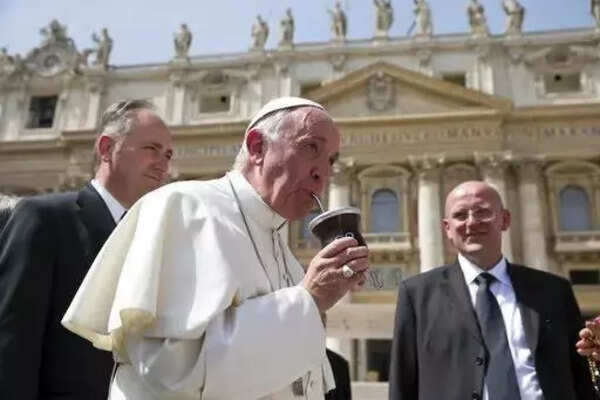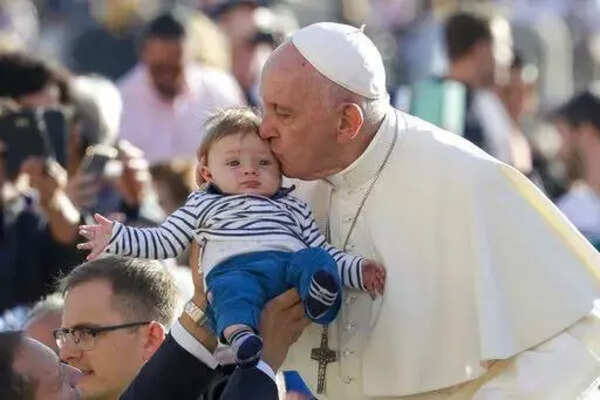Bilateral Pneumonia: Pope Francis dies at 88: What is Bilateral Pneumonia, and who does it affect the most | – The Times of India

Pope Francis, the beloved leader of the Catholic Church, passed away at the age of 88 on April 21, 2025. Known for his humility, compassion, and outspoken views on poverty and climate change, Francis left behind a powerful legacy. But behind this news lies a medical condition that not many are familiar with — bilateral pneumonia.
Reports confirm that the Pope had long suffered from chronic lung issues and had part of a lung removed in his youth. His health took a turn in February 2025, when he was hospitalised for a respiratory infection that eventually turned into double (bilateral) pneumonia, leading to a 38-day hospital stay: The longest of his papacy.
Here is all we need to know about what this condition is, who it affects the most, and what can be done about it.
What is bilateral pneumonia?
Bilateral pneumonia is also referred to as double pneumonia, is a serious infection that affects both lungs. In this condition, the tiny air sacs (alveoli) in both lungs become inflamed and may fill up with fluid or pus. This makes it difficult for oxygen to pass into the bloodstream, leading to symptoms like:
- Difficulty breathing
- Persistent cough
- Chest pain
- High fever
- Weakness or fatigue
Bilateral pneumonia doesn’t always start with dramatic symptoms. It can begin with something as mild as a cough or slight fever. But as the condition spreads through both lungs, symptoms can quickly become more serious. High fever, chills, persistent coughing, shortness of breath even while resting, chest pain, confusion (especially in older adults), and extreme tiredness are some of the signs that signal a need for immediate medical care.
According to the World Health Organisation (WHO), pneumonia is one of the most common causes of death from infection, especially among older adults and children under five.

Who is most at risk?
Bilateral pneumonia can affect anyone, but some groups are more vulnerable:
Older adults
People above the age of 65 are at much higher risk. This is because, with age, the immune system becomes weaker, making it harder to fight off infections.
People with chronic lung conditions
Those who already have breathing issues like chronic bronchitis, asthma, or a history of lung surgery face a greater danger. Pope Francis himself had part of one lung removed, which may have made it difficult for his body to respond to infection.
Infants and young children
Children, especially those below the age of five, are also highly vulnerable to pneumonia. Their immune systems are not fully developed, which puts them at risk of complications if not treated quickly.
People with weakened immune systems
This includes individuals with HIV, cancer patients undergoing chemotherapy, or anyone on long-term immunosuppressive medication.

What causes bilateral pneumonia?
There are several reasons why pneumonia can develop, and sometimes it’s hard to tell which one is responsible without lab tests. The most common causes include:
- Bacteria – such as Streptococcus pneumoniae
- Viruses – like influenza or respiratory syncytial virus (RSV)
- Fungi – more common in people with weak immunity
- Sometimes, what starts as a simple cold or flu can worsen and lead to pneumonia, especially in vulnerable people.
What can be done?
Early detection and proper treatment are critical in managing pneumonia, especially when it affects both lungs. Here’s what the standard treatment approach looks like:
- Hospitalisation in severe cases, like in the case of Pope Francis
- Antibiotics or antiviral medications, depending on the cause
- Oxygen therapy if breathing becomes difficult
- Fluids and rest to help the body recover
In cases where the patient is elderly or already has lung issues, recovery can take longer, and complications may arise. That’s why many doctors recommend flu shots and pneumococcal vaccines, particularly for those over 60 or with chronic health conditions.




